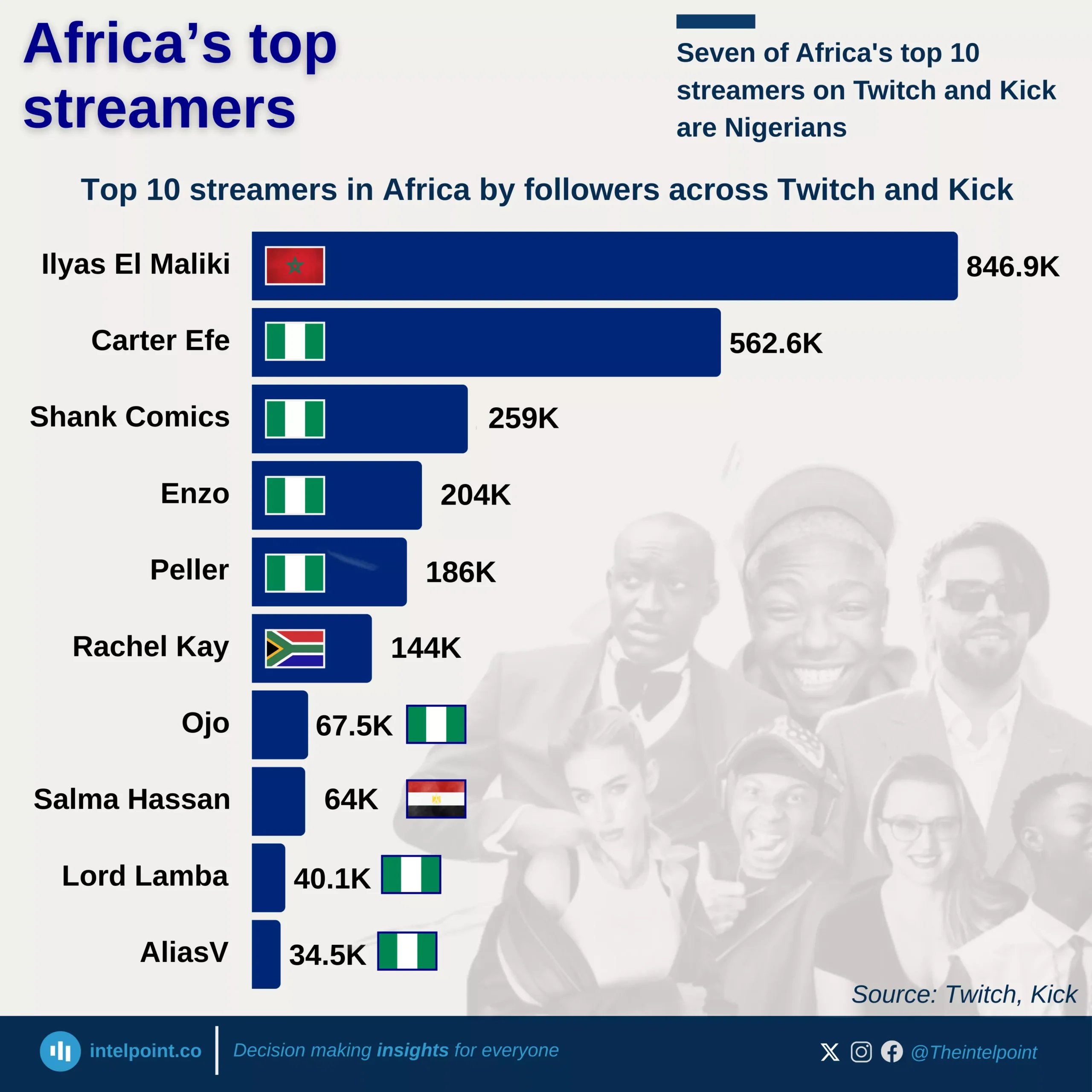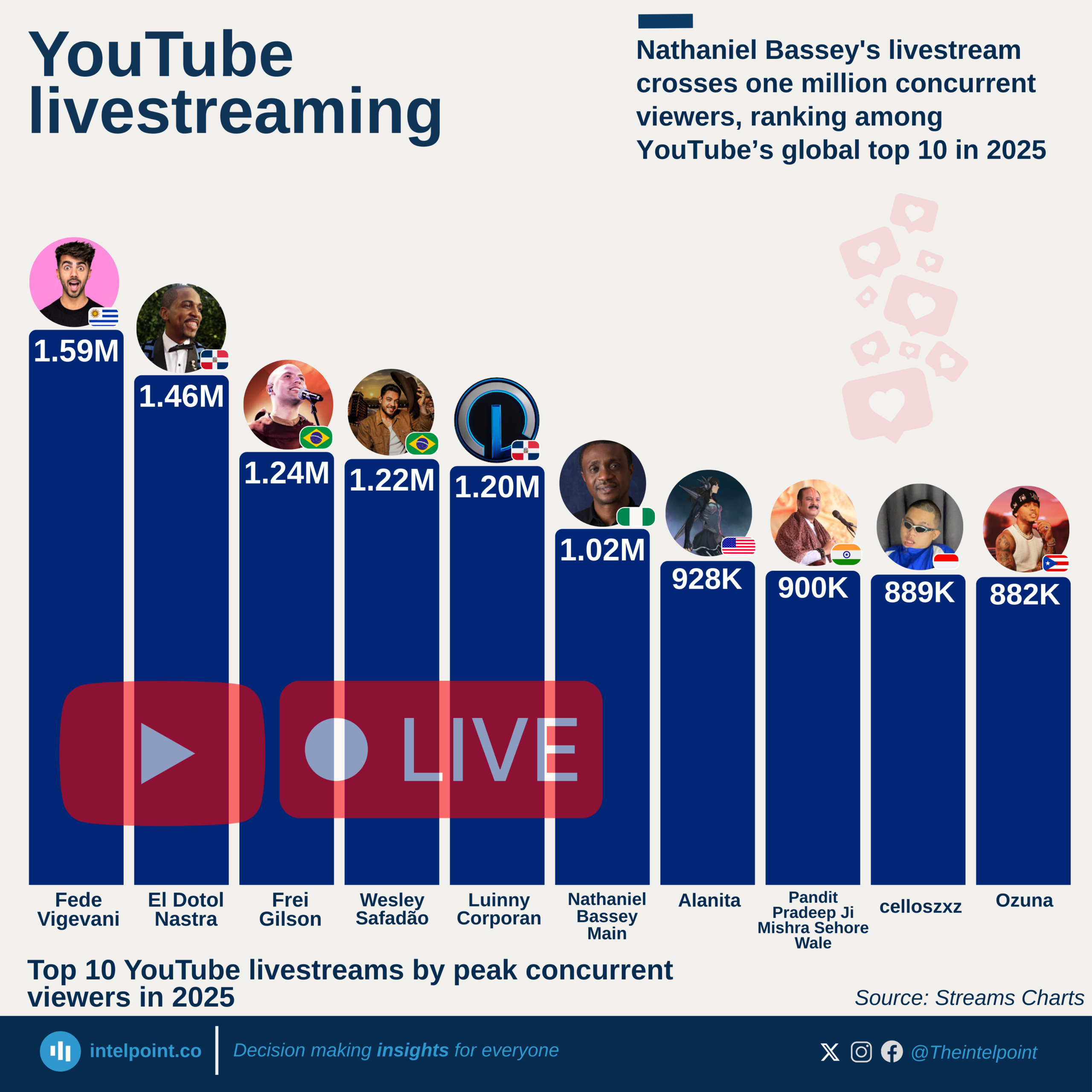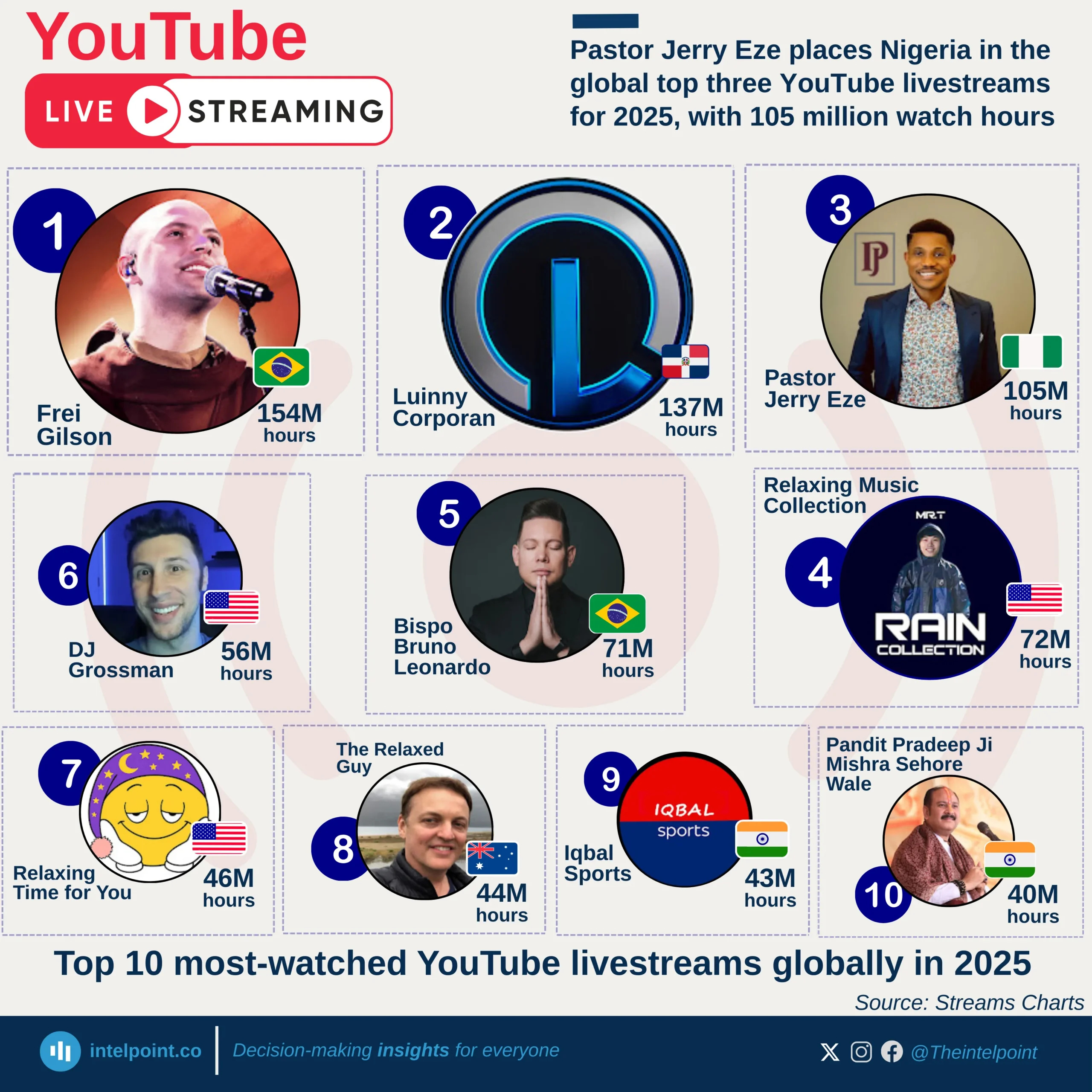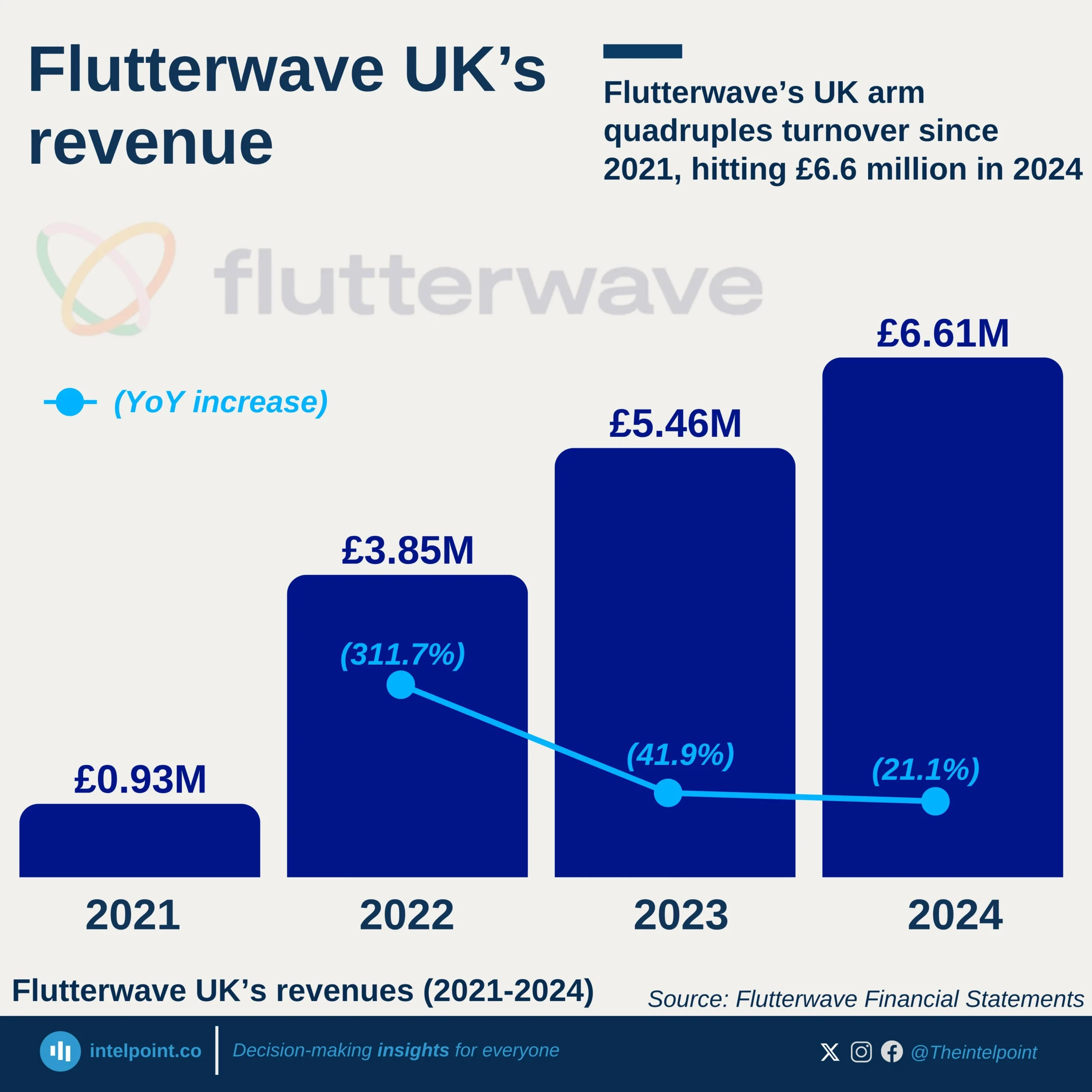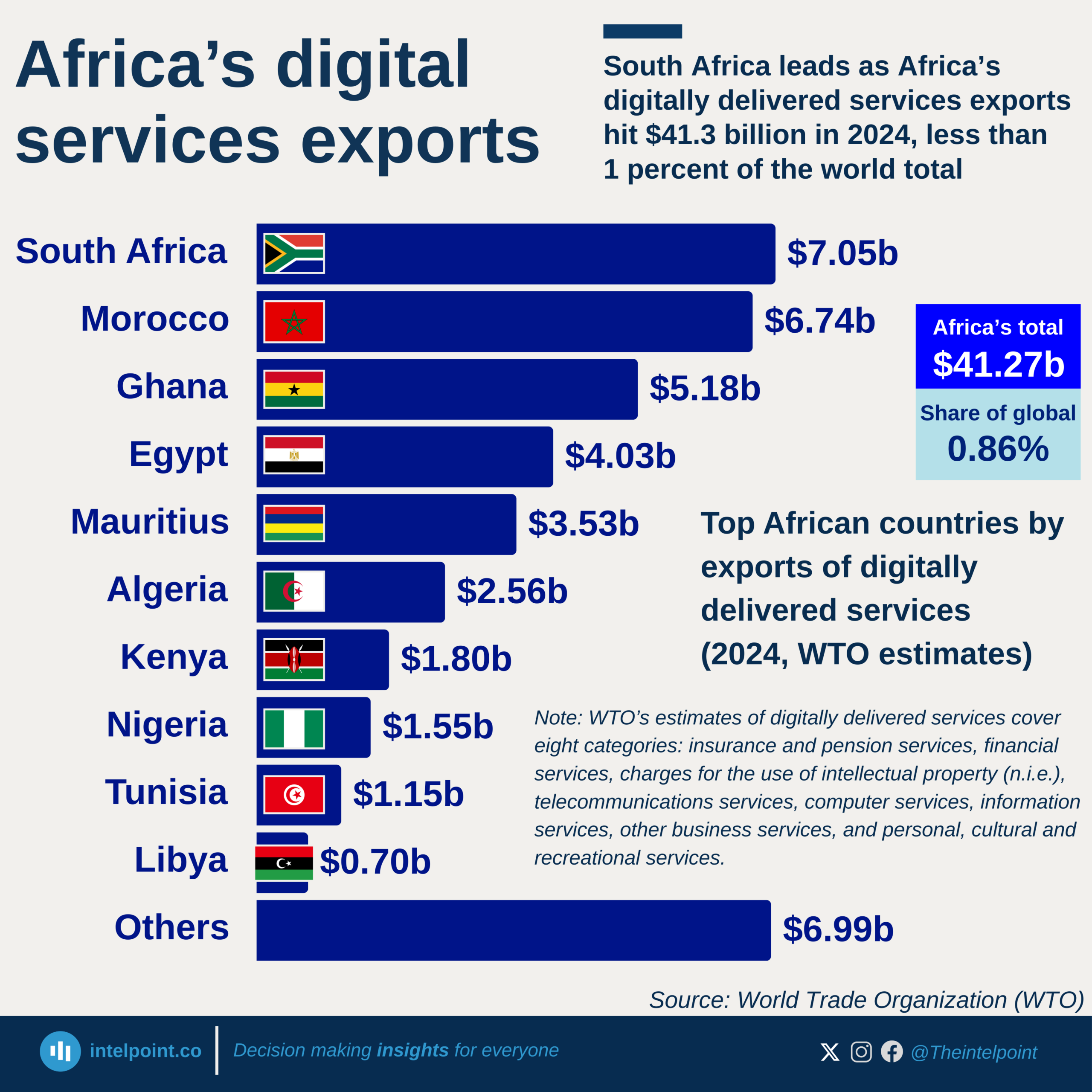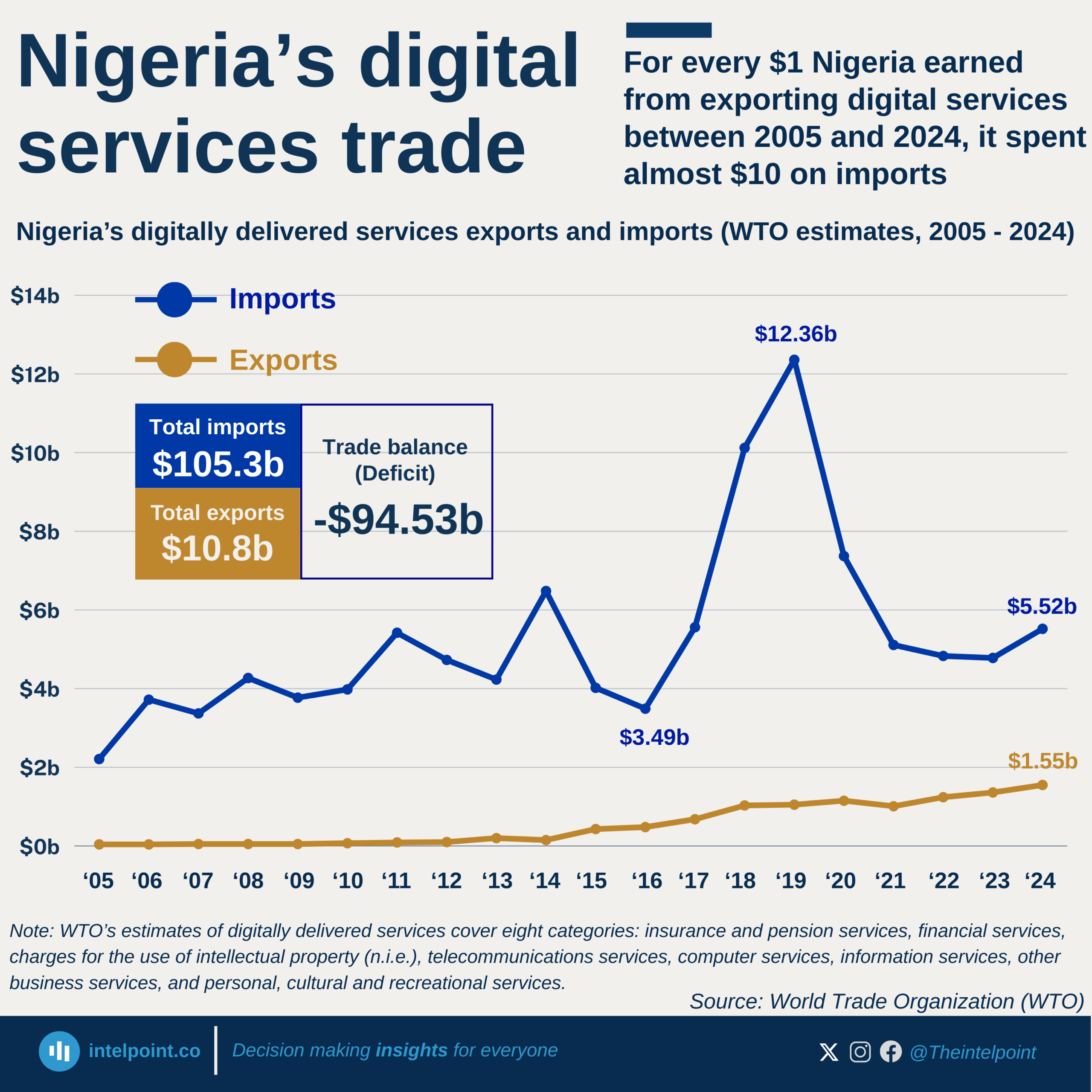The digital world is powered by mobile, and the numbers prove it. On average, people spend nearly four hours daily (3:46) on mobile internet, making it the most consumed form of media. This exceeds time spent on TV (3:13) and desktops/laptops/tablets (2:52), showing a clear shift toward mobile-first digital experiences.
Interestingly, traditional media like print newspapers continue to decline, with only 42 minutes daily spent on physical press, compared to 58 minutes on online news platforms. Even radio, podcasts, and gaming consoles attract less attention than mobile content.
